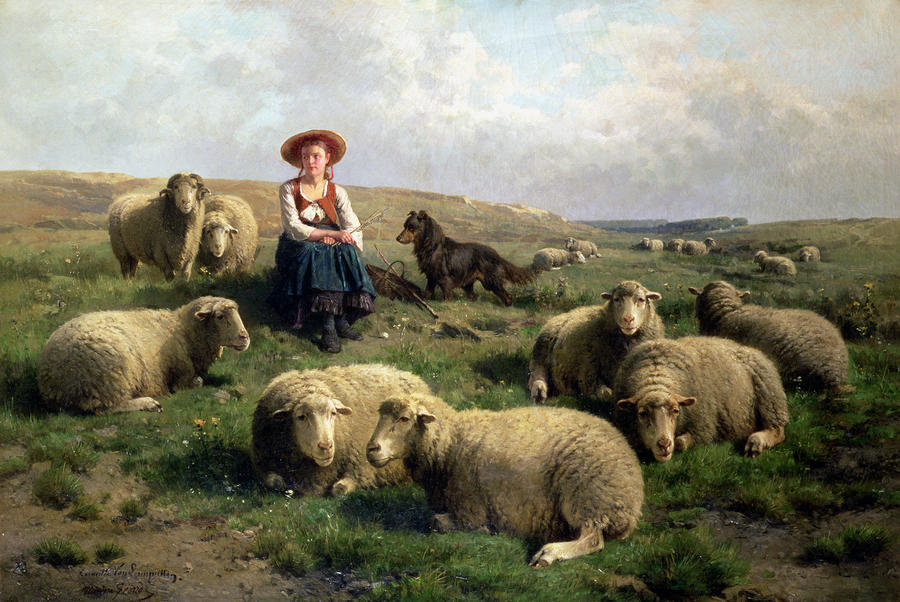
Here we have another Scottish border ballad that came from the singing of the traveler and singer Belle Stuart, and likewise to SOTI in this recording by Archie Fisher.
The Traditional Ballad Index gives these notes:
This song is very close to “Heather Down the Moor“; they have similar plots and occasional common lyrics. Roud lumps them. There will be versions where it is almost impossible to tell which is which. I thought about listing them as one song. But on consideration, “Heather Down the Moor” has two characteristics rarely seen in “Queen among the Heather.” First, “Heather Down the Moor” tends to follow a complex stanza pattern of eight-line stanzas with complex internal chorus and repeats (see sample with that song). “Queen among the Heather” usually has simple four-line stanzas. “Heather down the Moor” also tends to end with the lines,
“But if I were a king,
I would make her a queen,
The bonnie lass I met among the heather
Down the moor.”In “Queen Among the Heather,” he is a nobleman, so that obviously isn’t a concern.
Queen Among the Heather
Noo as I roved out one summer’s morn,
among lof-ty hills, moorland and mountain.
It was there I spied a weel faurt maid,
whilst I with others was out a hunting.
No shoes nor stockin’s did she wear,
Neither had she hat nor had she feathes.
But her golden hair hung in ringlets fair,
An’ the gentle breeze played round her shoulders.